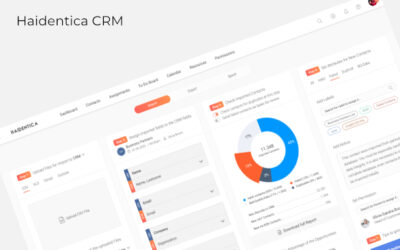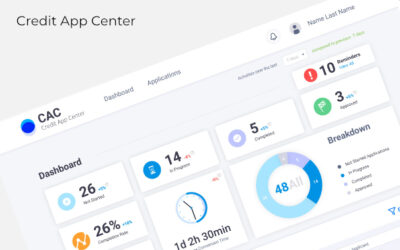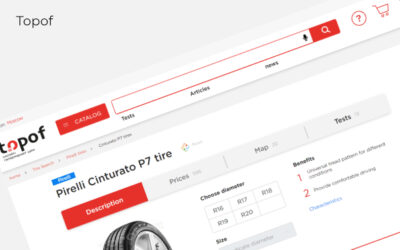ERP-system as an integral part of the e-commerce platform
ERP- system is designed to automate the maximum interaction of all departments of the company to optimize the supply process, warehouse and accounting, as well as minimize losses due to the human factor, errors or thefts in the company. That is why ERP-system is the essential element of marketplaces and e-commerce projects to create a secure foundation for electronic commerce.
Development and integration of ERP system
The functionality that allows you to create the maximum contact and interaction with the client, our specialists, implemented thanks to client-oriented modules in the image of the CRM system. But a successful business with the consumer is impossible without competently built processes within the company. The specialists faced several tasks:
- Integrate the logistic process control and management algorithm.
- Automate the procurement process.
- Create the full-fledged system of control of trade in the company.
- Develop functionality to optimize inventory balances and illiquid goods.
- Create functionality to track employee progress, financial analytics on labour resources.
- Develop a training system for all departments of the company.
- Create a system of organization, accounting, distribution and control of work tasks: by priority, importance, level of access and authority.
As a result of the profound analysis of the cycle of processes in the company, features of carrying out purchasing, financial, logistic and marketing activity experts of GeneralSoftLTD developed the hybrid CRM-ERP system with the support of instant integration into the website.
To achieve these objectives, we developed and implemented 6 main modules:
This module is responsible for correctly displaying orders that have been sent to the stock for assembly. The information in the section comes directly from the "Catalog" Module and "Stock" Module.
The subdivision of the module is tailored to the customer's needs and consists of the following assembly order directions:
- Pickup.
- Assembly Region.
- Delivery Region.
- Disassembly.

Within each subsection, the manager can see information about the current orders, how they are delivered, a form of payment for the order, dimensions (weight, number of places).
Directly on each order sheet, after moving the item from the corresponding warehouse shelf, each item that is in the order is marked. It minimizes the chance of errors resulting from order collection and simplifies the process of position movements.
After that, the order is marked as collected. It generates a task for the logistics department for its delivery to the corresponding region.
Stock Control Module
Within this module, comprehensive electronic control of receipts, expenses and availability of goods in the stock is carried out.
Purchases section tracks when and from which vendor the item arrived; whether it has already been disassembled. You can display this information both on a vendor-by-vendor basis and on the specific period to analyze the regularity of deliveries.

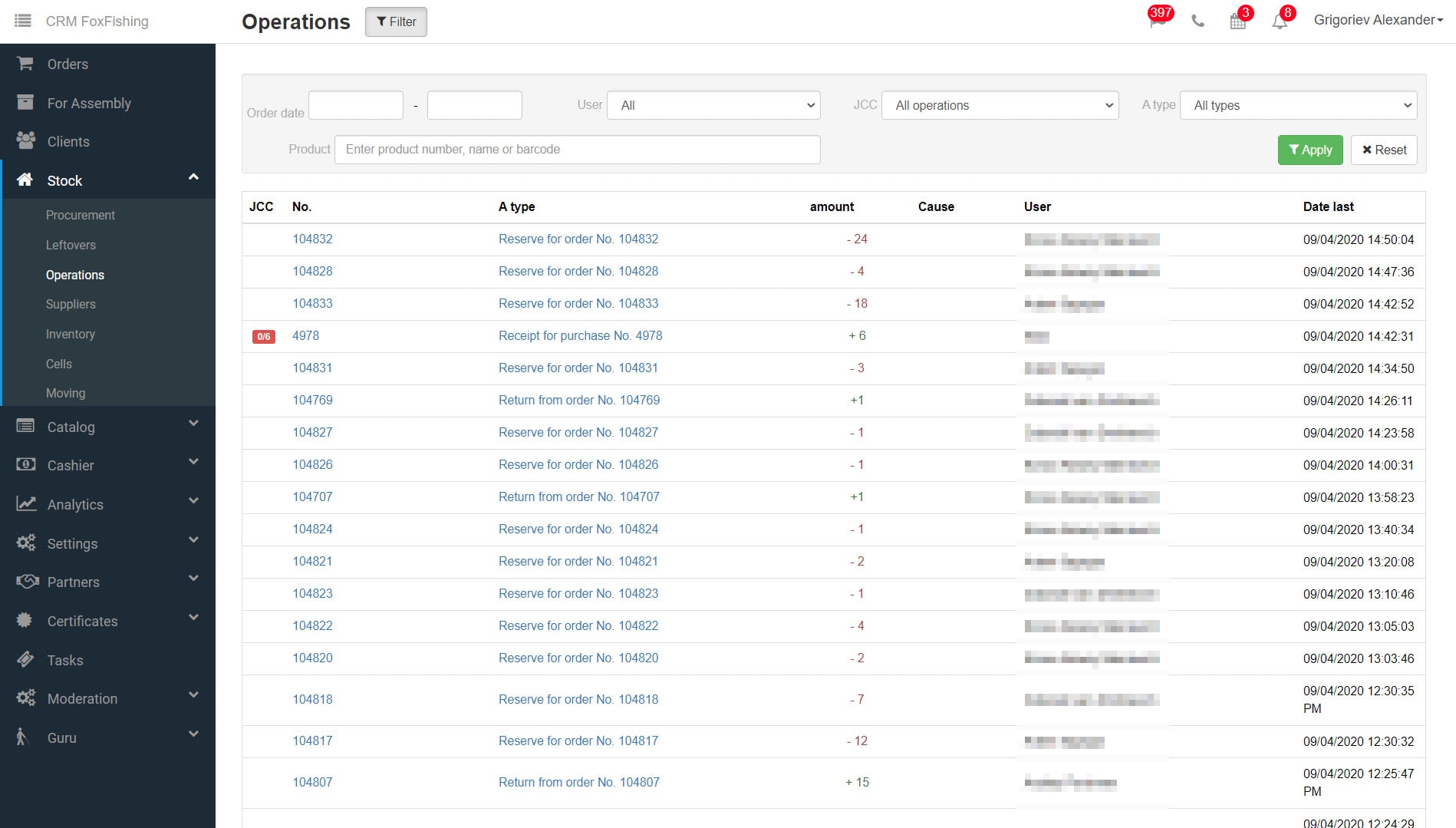
In the Operations section, you track the scrapping of an item with a specific invoice, when the system clicks on the transfer to the Orders Module. This section allows you to track the regularity and popularity of writing off the particular product, which makes it possible to improve the assortment and price policy of the company.
You can see in Leftovers section which item from the "Catalog" Module (series, supplier, brand) is not enough. Or, conversely, which item has been in stock for a long time, that transfers it to the category "Illiquid," where discounts and promotions are set for the early disposal of goods. This category is set by the managers, depending on the merchandise group, receipt age, or price. Conversely, when an item is nearing completion in a warehouse that is in demand from customers, the manager receives a reminder and purchases such an item from the leading supplier.

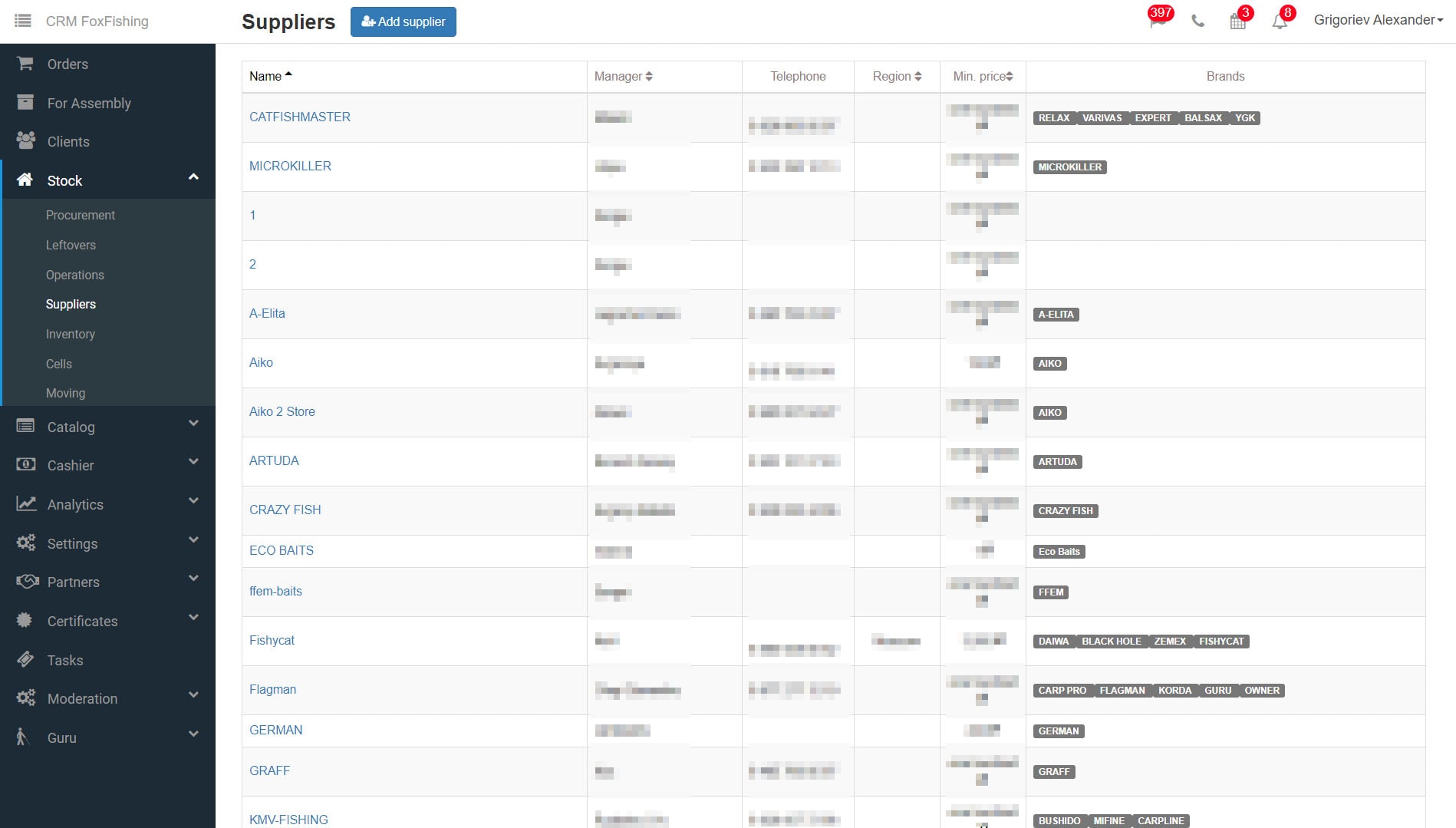
The section has been selected to facilitate the physical inventory. It allows you to mark personnel-recalculated items on the respective storage shelves (each of which is assigned a barcode for easy search) as quickly as possible. All data on cross-picking of goods, uncoordinated balances or deficiencies are transferred to the accounting department with the corresponding code, vendor. Such items are also sent for sale by share, or by changing the price policy according to the current one.
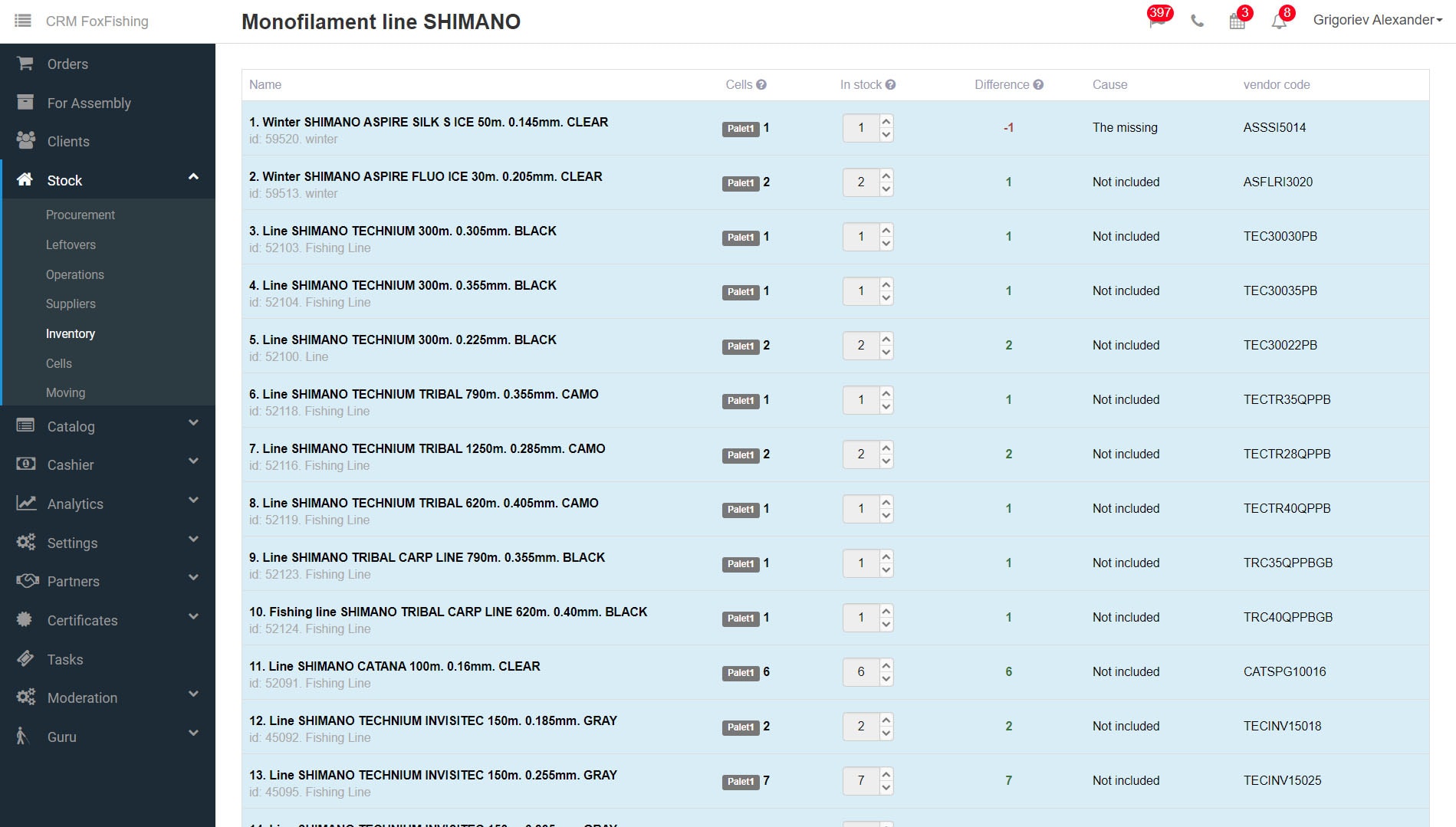
As a result, the department can comprehensively conduct all processes, commenting and monitoring performance in the system as much as possible. It reduces the percentage of shortages, illiquid, loss, and even theft due to the instant integration of the system partition with “Finance” Module.
Suppliers Database Storage Module
Within this module, the company can fully track sources of supply, thereby receiving more profitable price offers in a shorter time.
The company module contains a comprehensive supplier database with complete information:
- About supplier manager;
- About company contacts;
- About brands that are delivered.
You can track the supplier contact history which recent invoices with which product content was delivered to your company and which pricing policy. For products that are in demand in the “Catalog” Module but are rarely purchased from a particular company, other supply channels will be considered at better prices.
At the same time, all information on invoices is used in the future for analytics on price dynamics and sales volume, which is also essential in the assortment and sales policy of the company.
Cashier Module
Within this module, comprehensive tracking of write-offs to internal requirements of the company by objects of expenditure is carried out.
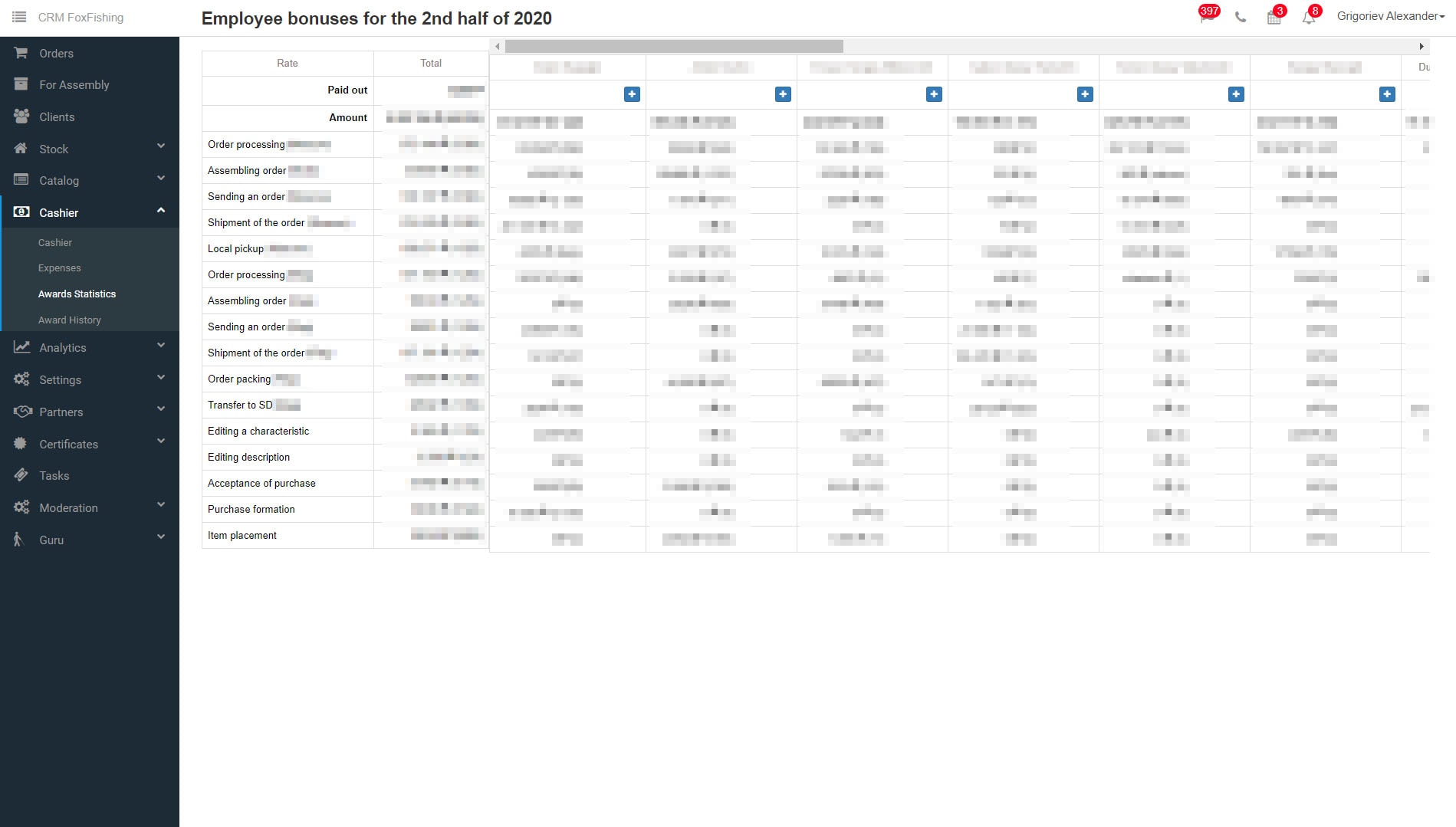
The clarity of cost classification, the regularity of input, and detail of the analysis in this section allow you to track the dynamics of the efficiency of the company's target costs to adjust them for the future.
One of the essential subsections of this module is a salary payment.
It provides all information on the trend of each employee's income, depending on their contribution to the company's development and sales. So, an employee can receive payment during the period of active sales for the total amount of the check, and during the period of a lull - for working on the catalog, blog, website information, negotiations with suppliers, etc. It allows doing more effective labour-management policy.
Tasks Management Module
This module allows you to maximize the efficiency of an employee, depending on his authority, capabilities, and access level. Thus, tasks can be generated automatically when the corresponding action is carried out in the "Order" or "On Collection" section, or generated personally by management. It allows you to avoid losing routine tasks, increase the employee's daily performance and conduct all processes in the company using the most streamlined algorithm, which is entered directly into the system.
Automatic reminders come in several cases:
- process the received order;
- submit an assembly order;
- contact one of the clients;
- make purchases and replenish leftovers;
- update proposals for the illiquid product group;
- process questions from the site;
- Update quotations or descriptions of items in the catalog;
- capitalize invoice from supplier, etc.
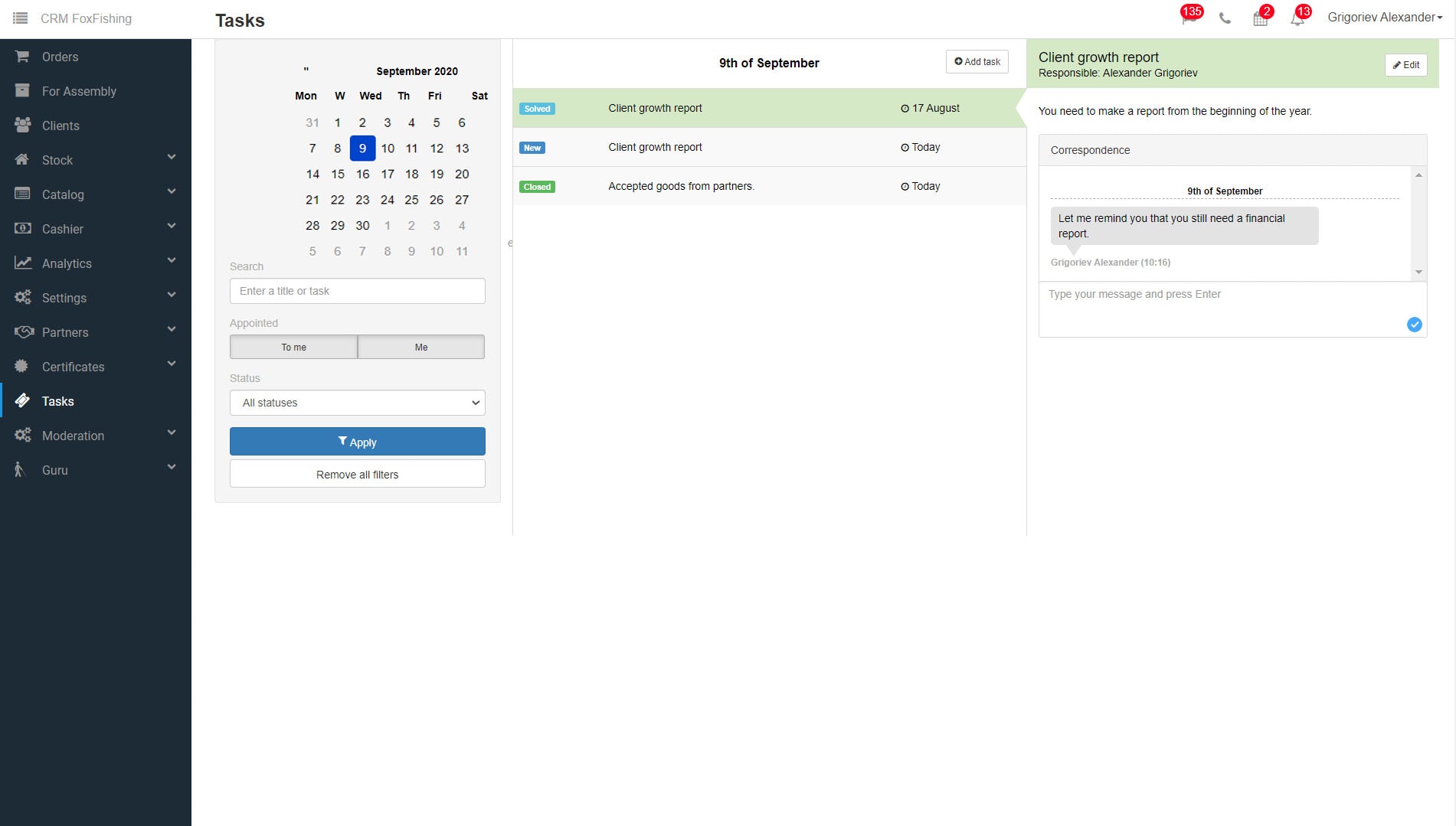
At the same time, all tasks are classified by importance, level of authority and urgency, which makes it easier to monitor their implementation.
Settings
This module generates a comprehensive algorithm that displays the shortest chain of interaction between departments of the company, depending on the access rights of employees. This algorithm integrates and synchronizes different modules and partitions, and provides a system of notification and assignment of tasks among employees. At the same time, work directly in the module can be carried out only by senior management, which excludes changes in the algorithm by few qualified workers who do not have access.
Moreover, this module includes reference manuals that fully describe all processes: product catalog filling systems, staff motivation systems and other works. This simplifies staff training when hiring them, and reduces adaptation time.
Performance of ERP-system during the transition from offline sales to online
The individual development of ERP-system as part of an e-commerce platform allows you to automate routine processes in the company as much as possible due to maximum digitization. As a result, the number of errors due to the human factor is reduced by 76%. The number of material losses is reduced by 69%. And the interaction rate between all sections of the company increases by at least two times. At the same time, the number of processed orders of the company increases, which increases the load on the relevant departments without their significant expansion, and therefore - without additional material costs.
